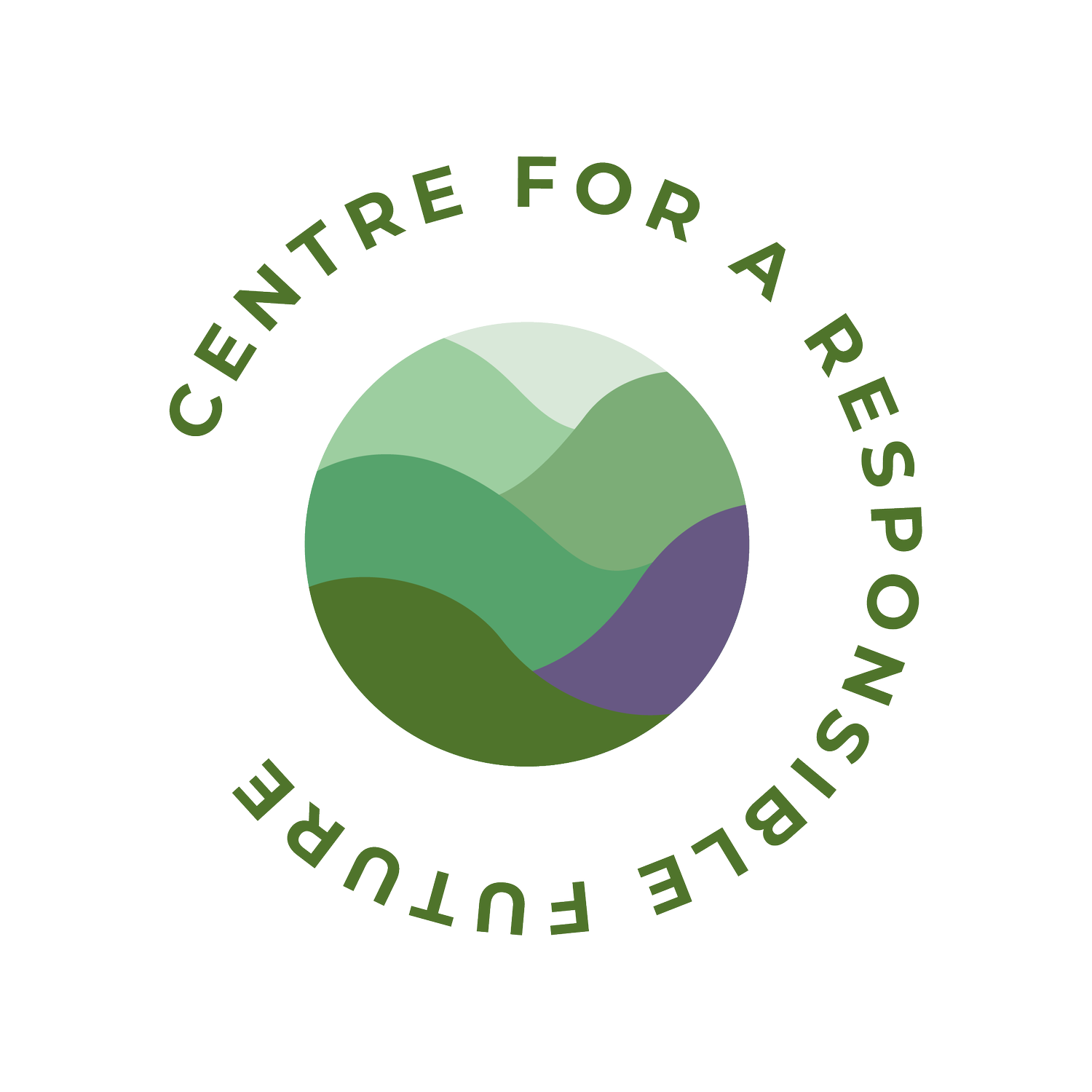Dan Riegler on Natural Meat Alternatives
DFSS is coming up March 29th and we’re bringing some of the participants to you now with a pre-summit interview. In this edition we talk to Dan Riegler, Founder of Karana. If you want to see a listing of speakers and sessions, please click here. To register as a delegate, click here.
How did you get into the alternative protein space?
I’ve always been very passionate about food and sustainability as individual topics. I’ve also spent a lot of my career working in developing markets on projects related to food and agriculture; so, I have seen first-hand how fundamentally broken our food systems are, and how important it is to change the way we produce and consume food. I also prefer using terms like alternative meat, instead of focusing so much on protein. As a society we are very protein obsessed right now, and although protein is an important part of our diet, most people who are food secure are getting more than enough, or in some cases too much protein. For the average consumer, animal products are about more than just protein, there are many factors around perception, texture, and taste, and alternatives need to address all of these to really shift behaviors.
Tell us about Karana, please.
Karana uses natural, regional, Southeast Asian ingredients as meat substitutes in consumer and foodservice applications. We use plants like jackfruit, which require minimal processing, have a very low environmental footprint, a great nutritional profile, and are fun and dynamic for chefs to work with. We are launching our first products soon and have some exciting developments in the works to bring more plant based options using local flavors.
What are some obstacles you have faced and how have you tried to overcome them?
There are several challenges to growing a plant based brand in Asia. Awareness around plant based and sustainable food is growing fast but still in the early stages in a place like Singapore, and there are a lot of issues around perception and scepticism. Many people, myself included, have very strong opinions when it comes to food, and it is very difficult to please everyone, especially when there are deep ties between cuisine and culture, family, religion, and other personal connections. Food is also a great uniter, however, and at Karana, we focus on using ingredients that are transparent as to what they are and where they come from, are fun to use, and most importantly, delicious, which is the easiest way to overcome scepticism.
From an investor point of view, what are the pros and cons of plant based meat, on one hand, and clean meat, on the other hand?
With cell based meat, the main issue is that the path to commercialization is long and capital intensive with many unknowns around how the industry will scale. Nonetheless, there are some very exciting opportunities and companies, and I believe it will be a truly revolutionary industry, but I view it as more a biotech than a food play at this point. With plant based meat, while I love seeing how many new products are set to come online in the next 1-2 years, there is definitely room for more health and whole plant focused options. I think we are going to be flooded with processed plant based products over the next couple of years, and we might see some consumer fatigue around plant based junk food, just as there is a stigma and backlash against traditional heavily processed mock meats in Asia. I think that as plant based eating becomes more mainstream, consumers will demand more accountability around health and ingredients, and the products that will be successful will be conscious of this early.
What is one prediction you would make about the alternative meat market, and on what evidence do you based your prediction?
This is more my gut intuition, but I think we will continue to see huge growth in plant based products in the next few years, and I think we will see wider adoption across the entire APAC region. Widely available and cost effective cell based meat products will be a game changer, and I truly believe that in 30-50 years (and hopefully sooner) the majority of us will look back on our food systems today with horror and embarrassment and that animal agriculture as we know it will play a small role if any in our normal diets.

